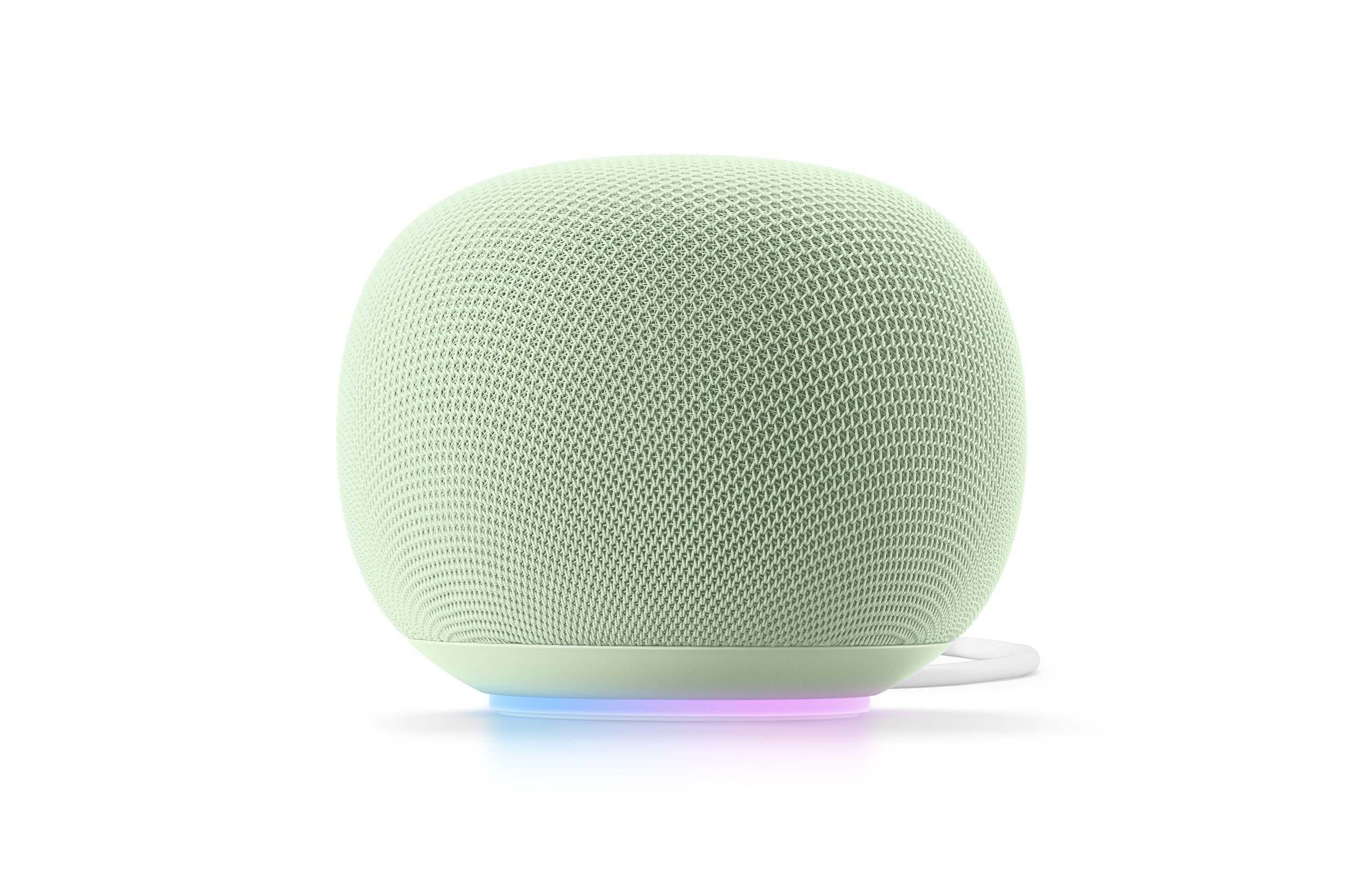Google just flipped the switch on Gemini for Home early access, marking the biggest shake-up to Google's smart home ecosystem since Nest's acquisition. The AI-powered replacement for Google Assistant starts rolling out Tuesday to US users who request access, bringing conversational abilities that could reshape how millions interact with their connected devices daily.
Google is making its boldest move yet in the smart home wars. The company's new Gemini for Home assistant began rolling out in early access Tuesday, and it's not just an update - it's a complete replacement for the Google Assistant that's been the voice of Nest devices for years.
The timing feels deliberate. As Amazon struggles with Alexa's profitability and Apple keeps Siri locked to its ecosystem, Google is doubling down on AI-first home automation. Gemini for Home runs on Google's large language model, promising more complex task handling and natural conversations that go beyond the rigid command-response patterns we've grown used to.
But there's a catch - actually, several. Getting early access requires jumping through some hoops that reveal Google's cautious approach to this massive transition. According to Google's support documentation, users need to first enable group joining in their Google Groups settings, then request access through the Google Home app's early access section.
Once you're in, there's no turning back. Google makes this crystal clear - Gemini for Home will replace Google Assistant on all compatible devices, and the switch is permanent. It's a bold strategy that shows Google's confidence in the new system, but it might make some users hesitant to take the plunge.
The premium features tell another story about Google's monetization strategy. While basic Gemini for Home functionality comes free, advanced capabilities like Gemini Live and AI-powered camera history search require a paid Google Home Premium subscription. This marks a shift from Google's traditionally free approach to consumer AI services.
Industry watchers see this as Google's response to growing pressure from OpenAI and other AI companies that are rapidly improving voice assistants. The company needs to prove that its years of smart home market leadership translate into the AI era, especially as competitors prepare their own next-generation assistants.
The early access rollout also reveals Google's careful approach to a potentially disruptive transition. Rather than forcing the change on all users immediately, the company is letting enthusiasts test the waters first. This gives Google time to iron out issues before the broader rollout while building a community of power users who can provide feedback.












